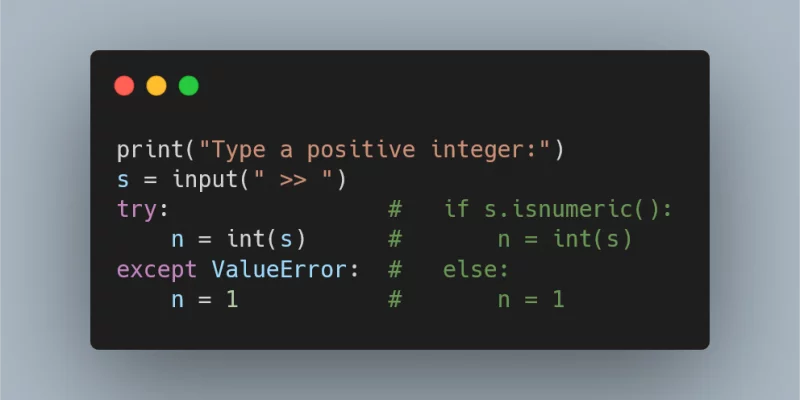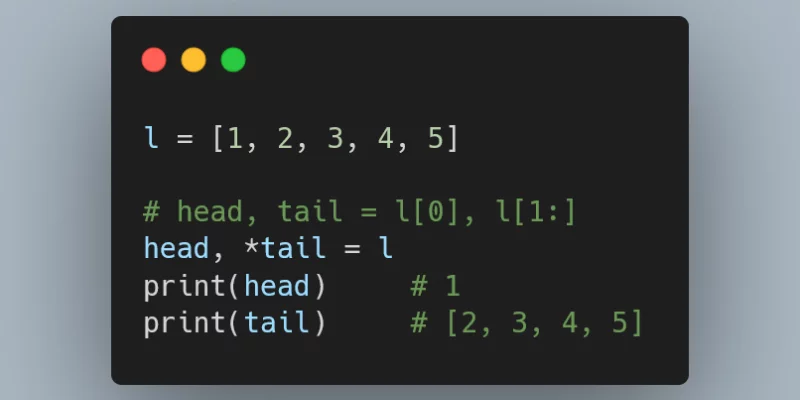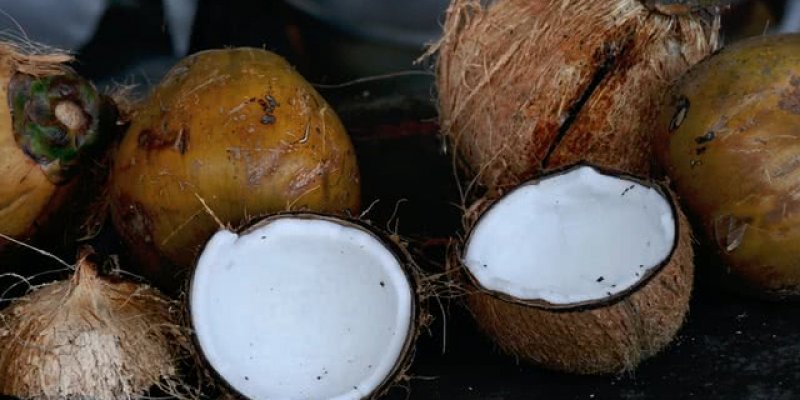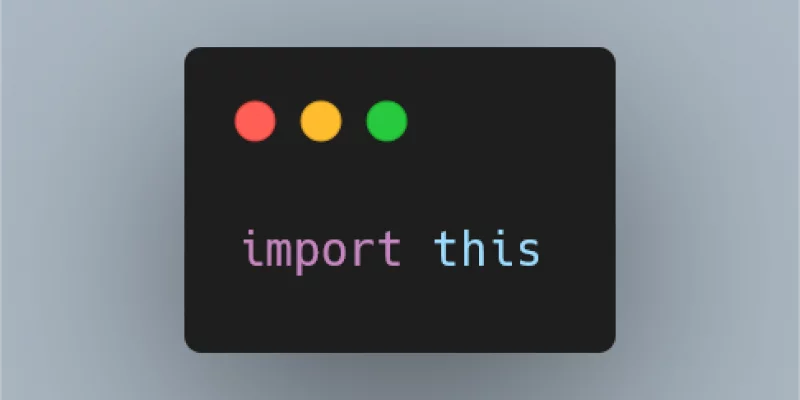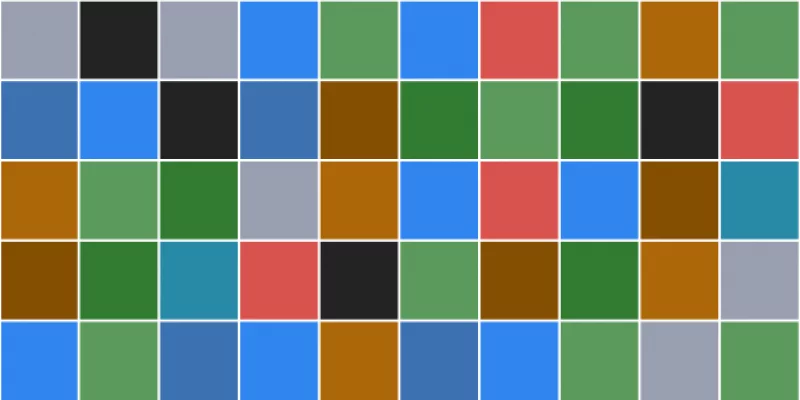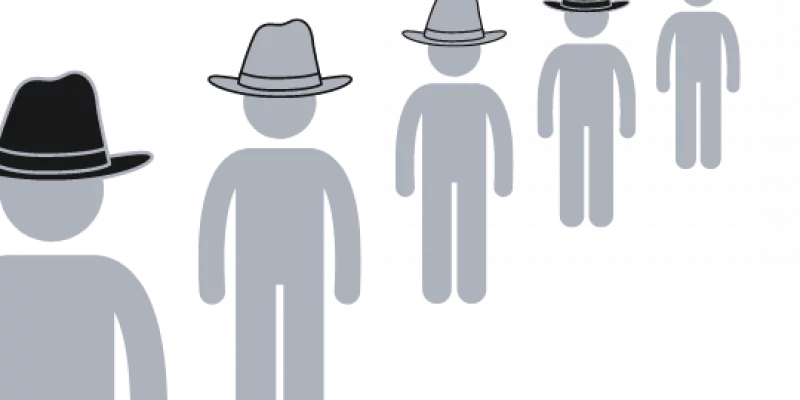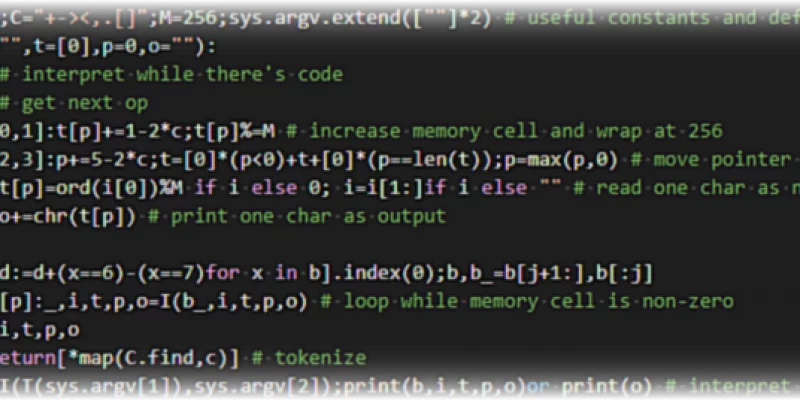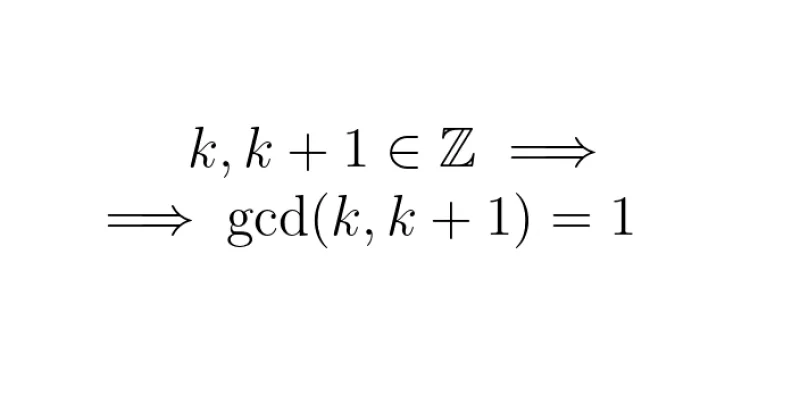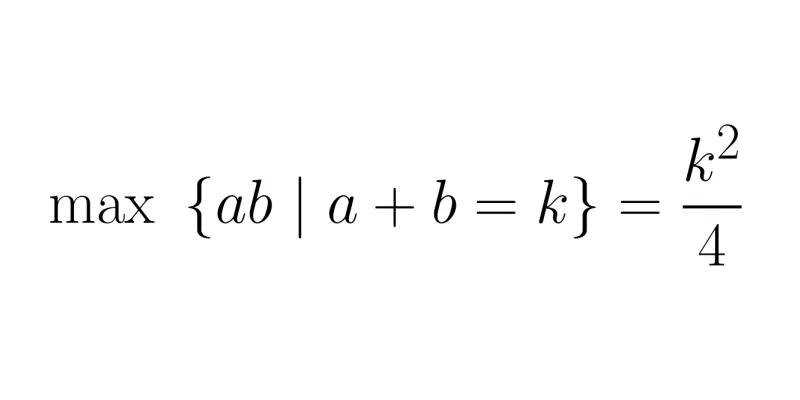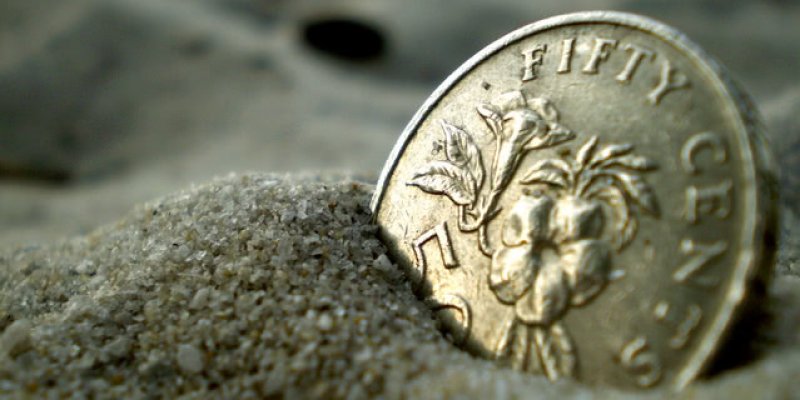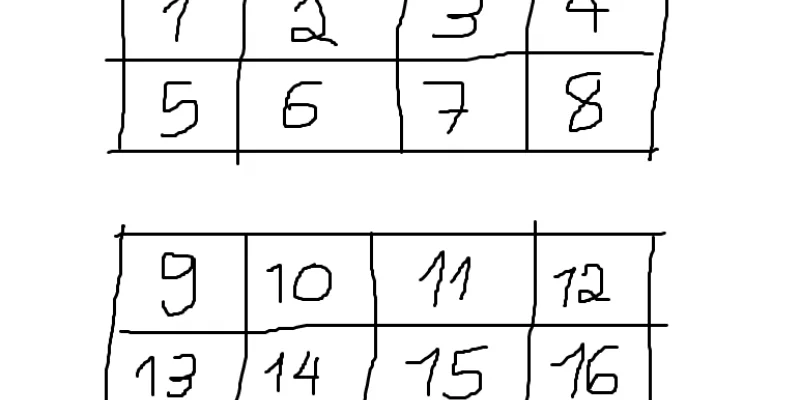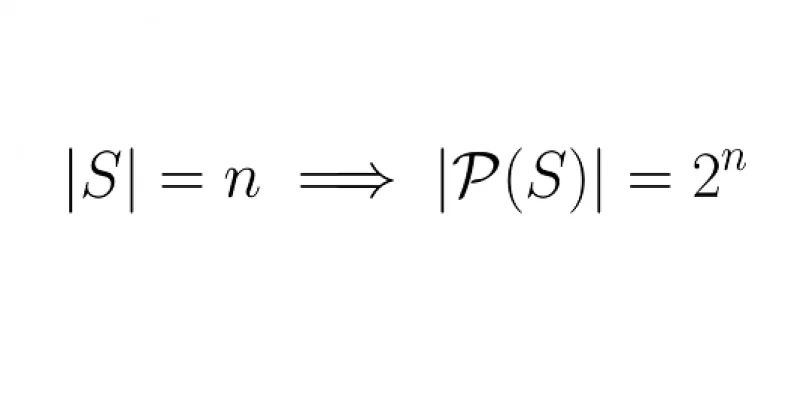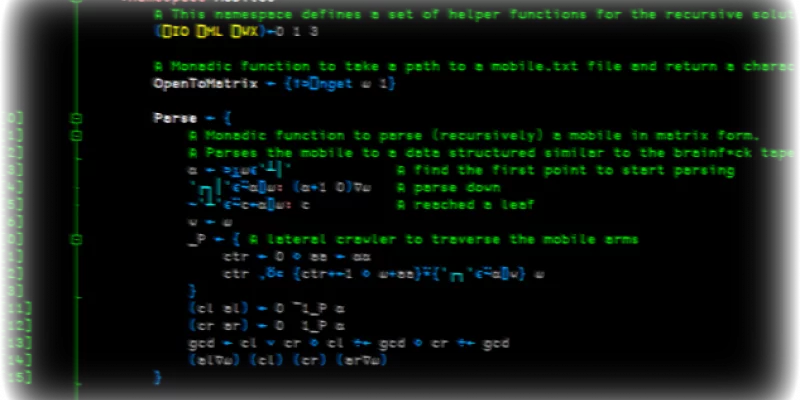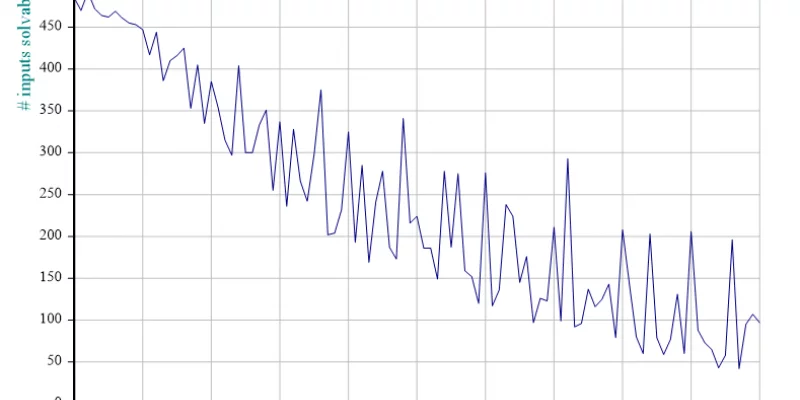In Python, if you are doing something that may throw an error, there are many
cases in which it is better to "apologise than to ask for permission".
This means you should prefer using a try block to catch the error,
instead of an if statement to prevent the error.
How should you unpack a list or a tuple into the first element and then the rest? Or into the last element and everything else? Pydon't unpack with slices, prefer starred assignment instead.
Five sailors and their monkey were washed ashore on a desert island. They decide to go get coconuts that they pile up. During the night, each of the sailors, suspicious the others wouldn't behave fairly, went to the pile of coconuts take their fair share. How many coconuts were there in the beginning..?
The "Zen of Python" is the set of guidelines that show up in your screen if you import this. If you have never read them before, read them now and again from time to time.
If you are looking to write Pythonic code, write code that abides by the Zen of Python.
I bet you have seen one of those Facebook publications where you have a grid and you have to count the number of squares the grid contains, and then you jump to the comment section and virtually no one agrees on what the correct answer should be... Let's settle this once and for all!
Alice and Bob sit down, face to face, with a chessboard in front of them. They are going to play a little game, but this game only has a single knight... Who will win?
"Pydon'ts" are short, to-the-point, meaningful Python programming tips. Pydon'ts will help you write more Pythonic code.
Some people are standing quiet in a line, each person with a hat that has one of two colours. How many people can guess their colour correctly?
Join me in this blog post for Pokéfans and mathematicians alike. Together we'll find out how long it would take to fill your complete Pokédex by only performing random trades.
In this blog post I'll show you how you can write a full interpreter for the brainf*ck programming language in just 14 lines of Python. Be prepared, however, to see some unconventional Python code!
In this problem you have to devise a strategy to beat the computer in a "guess the polynomial" game.
Let's prove that if \(k\) is an integer, then \(\gcd(k, k+1) = 1\). That is, any two consecutive integers are coprime.
Let's prove that if you want to maximise \(ab\) with \(a + b\) equal to a constant value \(k\), then you want \(a = b = \frac{k}{2}\).
This simple problem is an example of a very interesting phenomenon: if you have a large enough "universe" to consider, even randomly picked parts exhibit structured properties.
Alice and Bob are going to be locked away separately and their faith depends on their guessing random coin tosses!
In this blog post we will go over some significant changes, from implementing APL's array model to introducing dyadic operators!
Let's prove that, if a set has size \(n\), then that same set has exactly \(2^n\) subsets.
The 2020 APL programming competition was tough! In this post I share a couple of thoughts and my solutions.
If there's one thing I like about Python is how I can use it to automate boring tasks for me. Today I used it to help me manage my own blog!
The 24 Game is a well-known maths game that is played with kids in school to help them master the four basic arithmetic operations. In this blog post we will study the game in depth.
